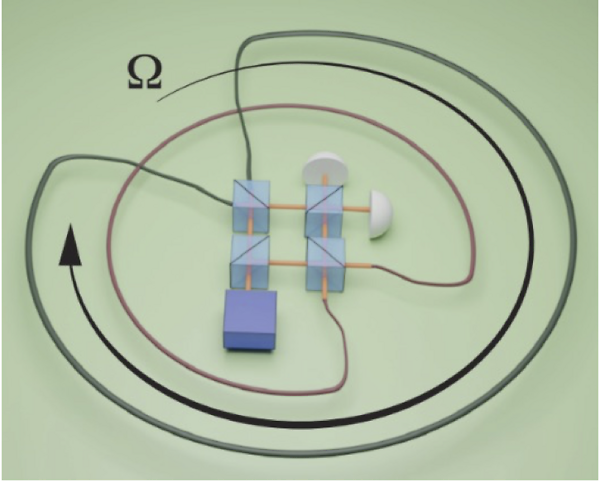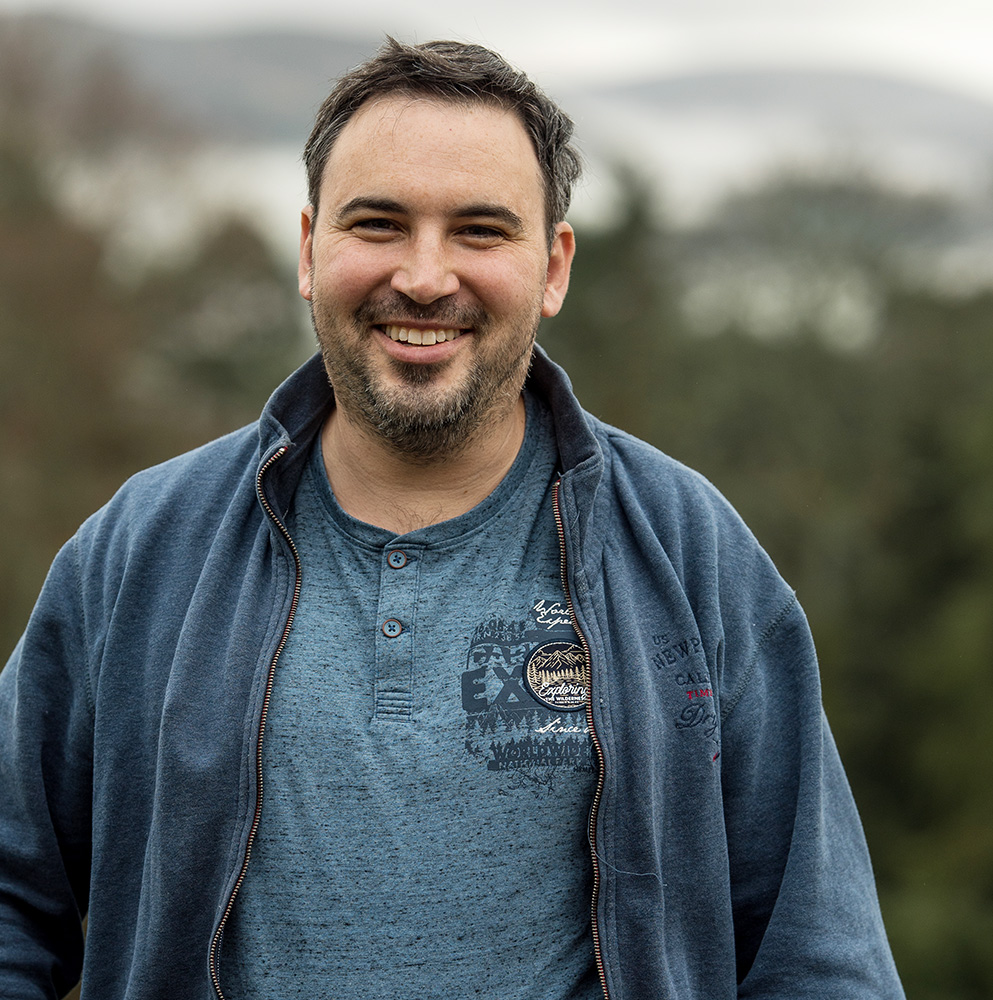Generation of entanglement from mechanical rotations

Date
Location
Description
Generation of entanglement from mechanical rotations
Marko Toroš School of Physics and Astronomy, University of Glasgow, Glasgow, G12 8QQ, UK
Abstract:
Many phenomena and fundamental predictions, ranging from Hawking radiation to the early evolution of the Universe rely on the interplay between quantum mechanics and gravity or more generally, quantum mechanics in curved spacetimes. However, our understanding is hindered by the lack of experiments that actually allow us to probe quantum mechanics in curved spacetime in a repeatable and accessible way. Are there experiments we can do to start the journey toward these big questions? In this talk we review recent experimental and theoretical results of quantum optics on rotating platforms. Such experiments can no longer be explained in a Newtonian picture of the world, but rather require the introduction of Einsteinian spacetime. Ostensibly quantum phenomena, such as entanglement, can be controlled with mechanical rotations using a coupling arising from the underlying spacetime metric. The experimental data conclusively shows that low-frequency mechanical rotations affect the bunching behaviour of photon pairs [1] as well as the symmetry of entangled states [2,3]. Furthermore, we predict the generation of entanglement even at low rotation frequencies and propose a protocol with the path-polarization degrees of freedom [4]. We conclude by discussing the prospect of testing the general relativistic frame-dragging effect and the tentative relation to Mach’s principle.
[1] Restuccia S, Toroš M, Gibson GM, Ulbricht H, Faccio D, Padgett MJ. Photon bunching in a rotating reference frame. Physical Review Letters. 2019 Sep 10;123(11):110401.
[2] Toroš M, Restuccia S, Gibson GM, Cromb M, Ulbricht H, Padgett M, Faccio D. Revealing and concealing entanglement with noninertial motion. Physical Review A. 2020 Apr 27;101(4):043837.
[3] Cromb M, Restuccia S, Gibson GM, Toroš M, Padgett MJ, Faccio D. Mechanical rotation modifies the manifestation of photon entanglement. Physical Review Research. 2023 Apr 5;5(2):L022005.
[4] Toroš M, Cromb M, Paternostro M, Faccio D. Generation of entanglement from mechanical rotation. Physical Review Letters. 2022 Dec 21;129(26):260401.

Short biography
Marko Toroš completed the PhD at the University of Trieste in 2017 investigating matter-wave interferometry with macromolecules and quantum foundations (Angelo Bassi). He then worked at Southampton University (Hendrik Ulbricht) and at University College London (Peter Barker and Tania Monteiro) on theoretical modelling of state-of-the-art experiments in levitated optomechanics focusing on ro-translational motion. In parallel, he started exploring the possibility of testing quantum-gravity with the next generation of matter-wave interferometers (Sougato Bose). He currently works on new theoretical ideas and experiments testing photonic entanglement and non-inertial motion at the University of Glasgow (Miles Padgett and Daniele Faccio).
Subscribe to the OIST Calendar: Right-click to download, then open in your calendar application.



